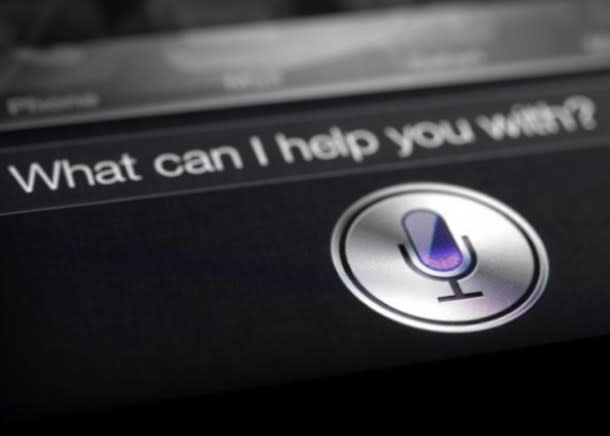Siri creator says texting-while-driving study was flawed, Siri is safe

A recent study suggesting that Siri and other voice-to-text services are just as dangerous to use while driving as traditional text messing is seriously flawed, according to one of Siri’s co-creators. The study, conducted recently by the Texas Transportation Institute at Texas A&M University, found that drivers who were texting took about twice as long to react as drivers concentrating only on the road. The delayed reaction times were roughly the same for drivers using Siri, but the service’s co-inventor Adam Cheyer argues that the study “seems to have misunderstood how Siri was designed to be used.”
[More from BGR: Google Glass is the future – and the future has awful battery life]
In an interview with Xconomy, Cheyer said that the Institute’s study was misguided because the researchers conducting it asked drivers to use Siri in an improper manner. “Of course your driving performance is going to be degraded if you’re reading screens and pushing buttons,” he told Xconomy.
[More from BGR: What it takes to make a hero: Behind the scenes as HTC builds the One]
This is why Cheyer and Siri’s other creators developed a car mode, which almost entirely eliminates the user’s need to look at the screen while a phone is connected to a wired hands-free headset or to a Bluetooth headset.
While in car mode, Cheyer says “Siri is even stricter and will not execute certain commands that would require looking at a screen.” Where messaging is concerned, car mode lets Siri read dictated text back to the user so he or she can check its accuracy without having to look at the phone’s display or edit the text manually.
When contacted by Xconomy, TTI representative Christine Yager acknowledged that her team’s study did not make use of Siri’s car mode.
This article was originally published on BGR.com
